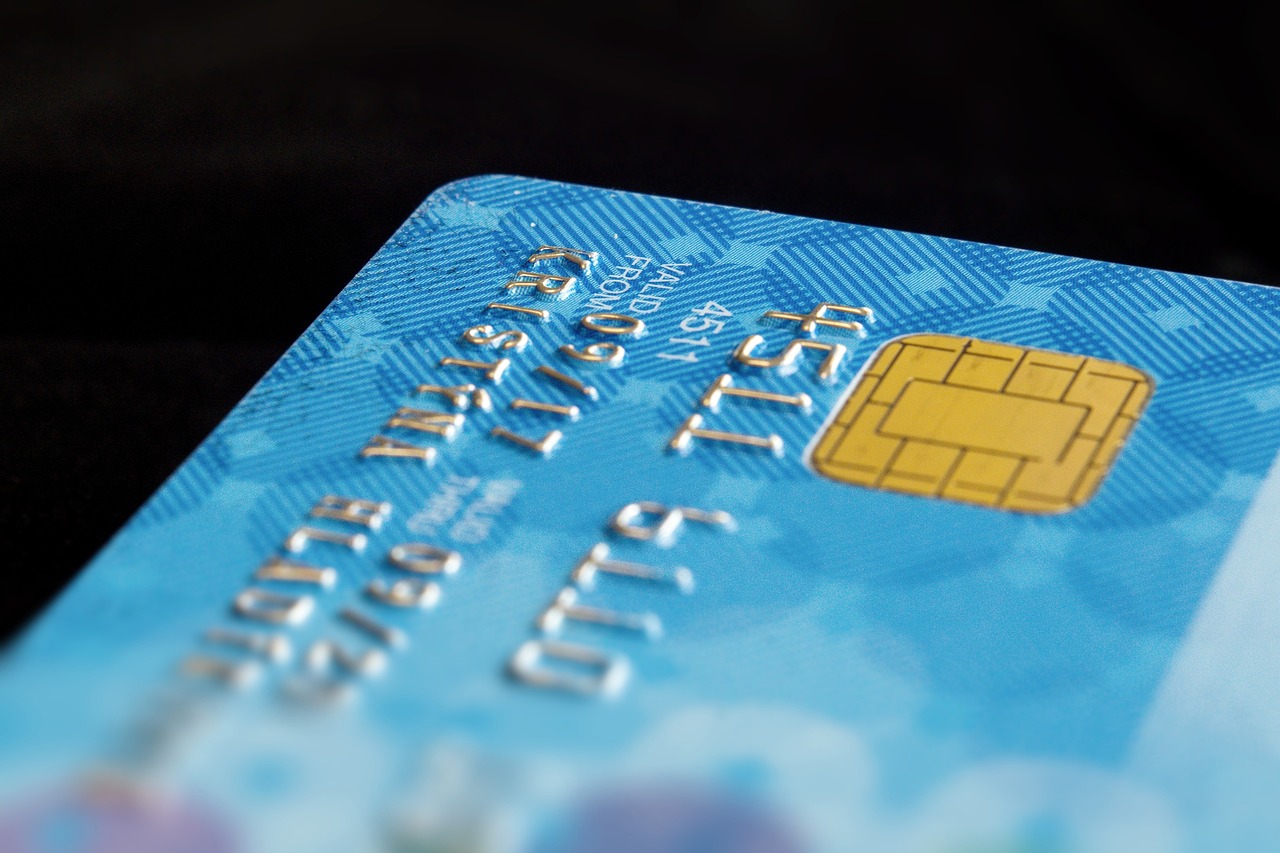Renting with Bad Credit: Tips and Strategies

Do past financial troubles have you dealing with poor credit? Or maybe you never paid enough attention to your overall credit health. But now you have discovered that a bad credit score is holding you back.
The disadvantages list is quite long, but the biggest one that impacts more than just you is when you receive a denial when trying to rent a place to live.
What should you do in this case?
Drop the idea of renting with a bad credit score?
No! Not at all.
Myth: Bad Credit Always Leads to Rejection In Renting.
That’s not always true.
But, you must first follow some strategies and properly understand your credit score. In this blog, we’ll discuss what a credit score is and how to check your own credit reports. Not only this, we’ll also share tips and valuable information on how to rent with bad credit.
So let’s get started.
What Is Credit Score?
In simple words, a credit score is just like a numerical representation or examination of an individual’s credit records. It serves as an indicator of a person’s creditworthiness. It’s your adult “report card.” So here’s a basic formula for credit score that you should know.
Credit Score → Made From Credit Report
But what’s a credit report? And most importantly, how is your credit score even determined?
It is measured using these five important things.
Credit Score = Payment history + Credit utilization + Length of credit history + Types of credit + New credit inquiries
Many other things are involved, but here are some of the most important ones you should know. Why?
Because they have a direct impact on your credit score.
Poor credit score = High impact on the ability to rent a property
The biggest problem is that most people are unaware of their credit scores. That’s why they fall into the trap of using cash and being unable to save. The first step toward financial independence is knowing about your credit score, and you can start now by visiting https://creditsecrets.com/credit-score-hub/
How To Check Your Credit Report?
Now that you know how drastically a bad credit score can impact you, what’s next?
It’s time to get your credit report. The best part is you don’t have to pay a penny.
Understanding the report can be quite difficult. But don’t worry. Here are some basic things you must know.
Check personal information for accuracy. Examine all accounts and payment history. Review the hard credit inquiries. Look for public records like bankruptcies.
| Credit Score Range | Credit Score Category | Impact |
| 300-579 | Poor | High credit risk |
| 580-669 | Fair | Limited borrowing options |
| 670-739 | Good | Solid credit |
| 740-799 | Very Good | Attractive to lenders |
| 800-850 | Excellent | Best financial opportunities |
The Consequences of Having Bad Credit
In the above table, you can see how important it is to have a good credit score. But let’s look at the flip side because you should know the potential risks you might face because of a less-than-perfect credit history.
- Loan and credit card rejections or unfavorable terms.
- Checking/Savings account rejections.
- Security deposit requirements for utilities and cell phones.
- Employment challenges for certain roles.
- Fewer financial opportunities to build savings.
How To Rent with Bad Credit?
Yes, it’s true that with bad credit, you have limited options. But there are things you can do to set yourself up for approval.
So here are five effective renting with bad credit strategies.
1. Be Honest About Your Credit Situation
If you think that your landlord won’t run a credit check, or maybe you can just skip this part because
“Nobody’s Gonna Know”
Then, it’s time to face the truth because they will know. So don’t lie to your landlord. Here’s what you should do to appear as a reliable tenant.
Be honest → Openly discuss → Tell how you’re working to improve your credit → Gain their trust → Ensure you will pay
Because there is a high probability your future landlord will run a credit check on you. After all, you are among the potential tenants, so avoid lying.
2. Show Proof of Income
It is not uncommon for people with full-time jobs to have a “side hustle,” and oftentimes, the side hustle is not a job that has years of history. If you’ve got a side hustle that helps generate more income for your household, provide proof.
You can submit a “Proof of Rent” letter from a former landlord. These letters confirm that you paid your rent on time and in full, specifies the dates you rented, and whether you were ever late or assessed any fees. You can provide this letter to the new potential landlord.
Disclose any income that can be used to show that you can afford to pay your rent and still survive. You can use an Income Statement, Bank Statement, Pay Stubs, or even your tax returns.
3. Get a Co-signer
A co-signer has a high credit history and agrees to be legally responsible for the rent of the primary tenant. So, they’ll be held responsible for paying if you fail to pay.
But where can you find co-signers?
Look around yourself—shortlist family members, relatives, and friends that might have a good credit score. However, ensure that they are trustworthy and financially stable.
Because if you choose the wrong co-signer, then it can lead to drastic effects. If the co-signer doesn’t make on-time payment, then:
- Negative impact on your credit and finances.
- Strain your personal relationship with the co-signer, even if they cover the cost.
- Less independence in your rental situation.
4. Offer to Pay a Higher Security Deposit
It’s another way of renting with bad credit. Remember, landlords want one crucial thing, which is:
Assurance
And how can you provide it to them? By security deposit. Let’s say the standard security deposit for an apartment is $1,000. If you offer to pay $2,000 instead, you’re doubling the landlord’s financial safety net.
However, some legal concerns vary according to location. So ensure you’re well aware of local rules and regulations. You can also offer to pay money upfront.
5. Provide References
Don’t just tell your potential landlord that you will pay on time. Show them proof!
What does that mean?
It means you should use references to build your reliability as a tenant. Use letters of recommendation to gain trust as a prospective tenant. When your credit is problematic, positive references can vouch for your responsible behavior in other aspects of your life.
- Employers: Vouching for proof of employment and stable income.
- Ask previous landlords: Confirm timely rent payment and good rental history.
- Personal & professional references: Highlight your character, no criminal record, and responsibility.
Improving Your Credit for Future Rentals
If you have achieved your goal of renting despite having bad credit, it doesn’t mean you should sit back and relax because increasing your credit is extremely important. How can you do that?
Here are some quick steps to achieve this.
- Get your credit report.
- Create a plan to tackle negative items such as late payments or collections.
- Pay all bills on time, such as medical bills, credit card bills, etc. Set up automatic payments.
- Avoid opening too many accounts.
Cultivating good financial habits can be a difficult task. These things take time, but they have long-term positive effects. A good credit portfolio means financial stability and better opportunities. Financial literacy plays a key role in that.
Conclusion
The goal here is not to worry about your limited options in the rental market because of your bad credit. It’s to make your landlord say:
YES, despite having a less-than-stellar credit.
Renting with bad credit isn’t easy.
Yes. The rental process can be quite intimidating. But don’t lose hope. Implement these strategies, and you’ll find your most suitable rental place.
Get Smart About Your Credit Score with Credit Secrets
If you’re ready to take control of your financial future and improve your credit score, it’s time to seek professional guidance. At Credit Secrets we can help you get out of this situation.
We can help you to make the best financial decisions for yourself. Reach out to us today and start your path to financial well-being.
Jenn Cartwright
What's Trending








